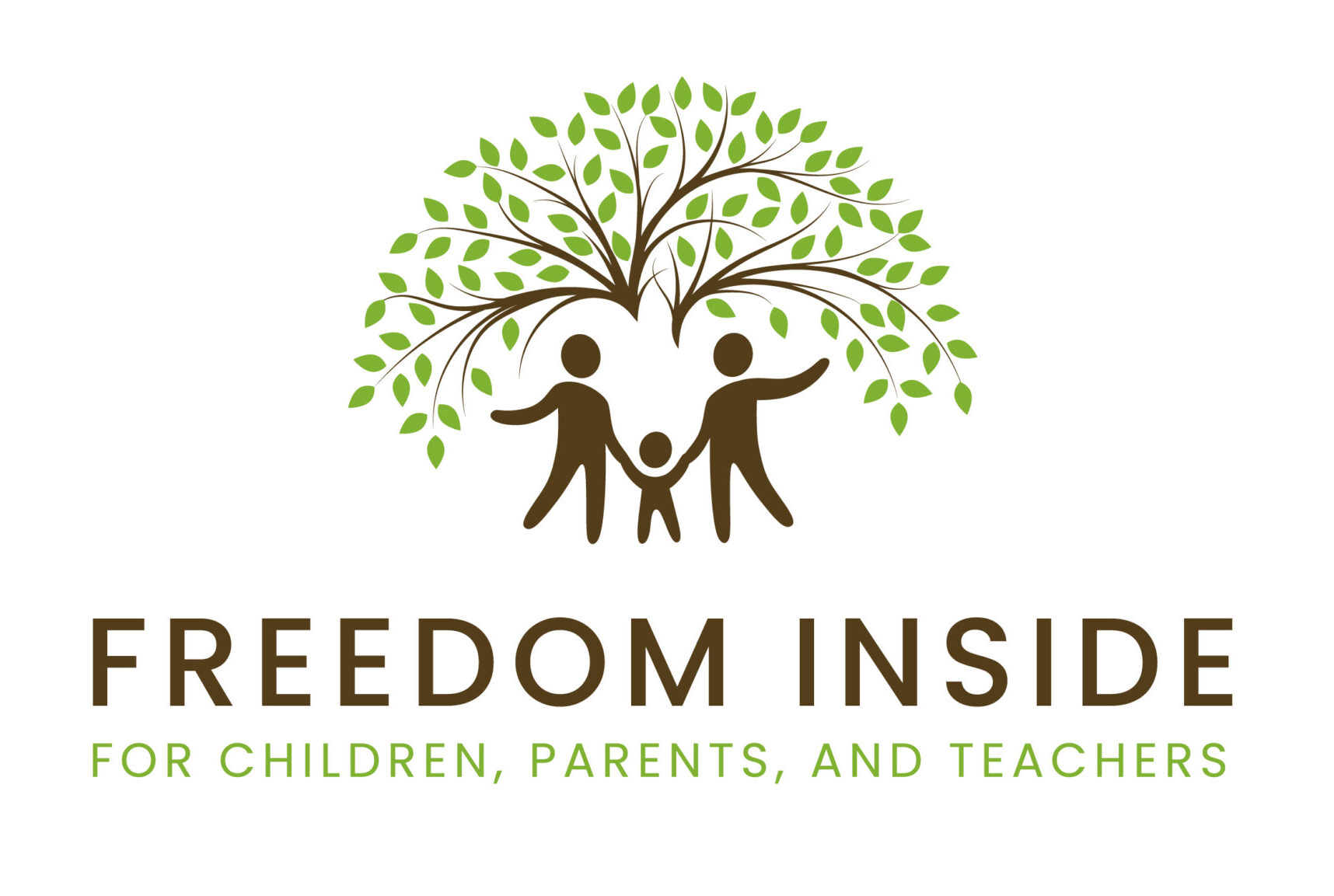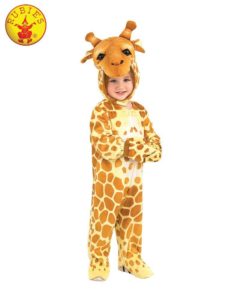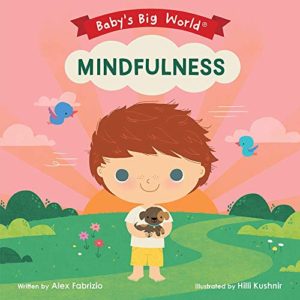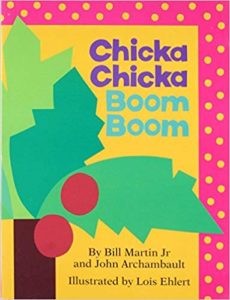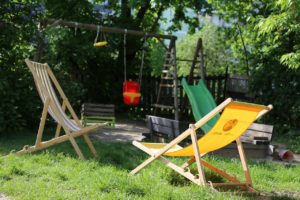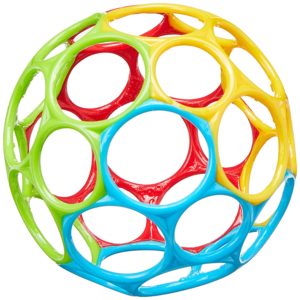Selecting childcare for your little one can be a daunting task. There are so many choices and so many options. How does one know what to look for in a daycare? Of course you want high quality, but is there anything reasonable near you? I put together a list of questions to guide you on how to choose a daycare.
What is High Quality Childcare?
High quality childcare can be a broad term. For the sake of this writing, I am going to define high quality as a childcare location where children are kept safe and cared for during the day. They are taught skills in all domains, to include social, emotional, physical, and intellectual learning. These centers will have child focused activities with plenty of time for free play, without it being a free for all. Teachers will be well educated, well paid, and confident in the classroom. They will have indoor and outdoor spaces to play in and limited or no screens.
As an educator myself, and someone who has spent her life studying early childhood, I find it very important to closely screen any center you want to send your child to. There are too many centers where children are babysat, not educated, and if you are spending the money for education, you had better be receiving it. Most importantly, you want to know your child is safe at school, and that comes with having well prepared staff and policies.
With a few of the questions below, you will be able to vet daycare providers in your area to determine if they are right for you. This will help guide you in selecting a daycare that is high quality.
Personal Circumstances
Before we can get too far into screen childcare centers, it’s important to consider your personal circumstances. You may want a high quality daycare, but it might not be realistic. These are questions to think about before you begin your search.
How Much Can You Afford?
As much as I hate this question, there is no denying that childcare, especially high quality childcare, is expensive. If you want the whole building, with multiple ages in separate classrooms, you’re going to pay for it. Expect to pay between $1,200 – $1,800 per month for a center. Typically in home childcare will cost less, although you are often trading quality as a result (although not always!). While shopping, make sure to think about what number is feasible for you. Anything more expensive than that can be crossed off the list immediately.
What is Nearby?
Think about what is nearby to your home or your work. We have gone back and forth on both of these approaches. We often prefer a place close to home because then if we don’t have to go to work one day, we don’t have to drive all the way to work to drop the kids off. Plus, with many of us working from home now, home is often the base.
Again, think about how far you want to drive. Draw a circle around the distance you are willing to drive. And if you have to go to work in an office, I highly suggest something that is either very near your home or on your way to work. This way you don’t have to drive too far out of your way to drop your child off. Again, mark a radius of where you are willing to drive. Anything outside of it can be crossed off your list.
Do You Prefer Any Approaches?
There are a number of Early Childhood approaches. These can include Montessori, Reggio Amelia, Play Based, Waldorf, and more. Do you have any preferences for the different approaches? This can help you narrow down significantly. If you want a Montessori inspired school, then you can look for that over all other schools first.
Prequalifying Questions
Your prequalifying questions are ones that you can get answers to by looking at a provider’s website or by calling them. I like my process to include 5-10 centers that I narrow down to 3-4 visits through prequalifying questions.
What Ages Do You Serve?
Not all centers serve 6 weeks to 6 years. Some only serve preschool aged children. As such, you want to be sure that whatever age your children are, the center will support them.
What Are Your Hours?
This one is obviously huge for many of us. Most people need to put their children in care so that they can go to work. If the center opens too late or closes too early, you won’t have the support you need.
I’ve also worked for a center that had slightly different hours for the infant room. Make sure you are very clear on what the hours are for the classroom your child will be in.
How Much is Tuition?
In most centers, each age has a different cost associated with it. Typically, infants will be more expensive than preschoolers. Find out how much tuition costs and determine if it’s within your budget.
Are You Currently in Good Standing with Licensing?
Centers in the United States are required to be licensed. If a center is not in good standing with licensing you want to ask why. It may mean they are on probation or it may mean their license is about to be revoked. You want to be informed on what is happening.
Tell Me About Your Curriculum
There are a lot of different curricula methods out there. They should have a name for whatever they are using. Write the name down and look it up later if you aren’t familiar with it. I personally would encourage you to avoid pre-packed curricula. Some centers use a method where the activities for each age group are planned in advance and adhered to regardless of the needs of the children. We want to avoid that.
What is Your Current Rating?
This question is going to vary by state. In Colorado, we have Colorado Shines. a 5 star rating system. It’ll be different depending on where you live. Find out if they are rated and what their rating is. This can help you determine if they are working at constantly improving.
What is Your Comfort with Medical Needs?
All staff in the center should be infant and child CPR and First Aid certified. They should also have a separate medication administration trained personnel. Then think of any medical needs your child might have. I know I was very picky about choosing a center when Rainbow Sprinkle was still on oxygen because I needed to be sure someone would be capable of taking care of them.
What Kind of Daily Communication Can I Expect?
Years and years ago, before the prevalence of technology, this was a huge question because you wanted to be sure you could communicate with your teacher regularly. Unfortunately, now I feel the apps have taken over all of the communication. Teachers overly rely on the technology and frequently won’t tell you anything about your child’s day. Find out what the center offers in the way of communication.
What Are Your Age Ranges and Classroom Breakdowns?
Classrooms should have an oldest and youngest age available in them. I personally prefer mixed classrooms, where children 3 and up are all in the space together. You won’t typically find that outside of a Montessori inspired classroom though. You do want to know what to expect though.
What Is a Typical Day?
Ask for an outline of a typical day in whatever classroom your child is going to be in. There should be a balance of structure and free play time. They also should have inside and outside time every day.
What Meals Do You Offer?
Food was always a huge question for me because I simply don’t have the time or energy to pack meals for my children every day. Does the center provide food every day? If so, are they meals or just snacks? What happens if your child cannot eat the food provided? I also hate when centers overly provide junk food to children. Meals provided should be nutritious and well rounded.
Do You Offer Any Other Perks?
Some centers offer diapers and/or wipes for their infant and toddler classrooms. Find out if these are provided or if you will need to bring them.
What is Your Stance on Cloth Diapers?
If you don’t use cloth diapers, you probably don’t need to ask this question. But if you do, be sure to ask. Some centers refuse to let you use cloth diapers, which was a deal breaker for me.
What Are Your Openings?
Most high quality learning centers have a wait list. Find out how long their wait list is if you are interested in sending your child there. And never pay to be on a wait list. It isn’t worth it!
In Person Considerations
Once you have screened through the phone, hopefully you have narrowed down potential centers to just a handful. Once done, it’s time to go in person to see what the space is like. Ask for a tour and expect to set aside 30 minutes to an hour. This time is less about asking questions but instead about observing and seeing the center in action. Do they really walk their talk?
Classroom Set Up
Each classroom should be set up with a focus on the children. This means there should be child sized furniture and low shelves. You also want to be sure there are plenty of opportunities for self help skill development. Is there a bathroom that is accessible? A hand washing sink that the children can reach? Do they offer family style meals, where children are encouraged to serve themselves? Older classrooms should also have access to simple cleaning supplies such as a small brush and dust pan, rags, and a spray bottle.
Art
Every single classroom should have art on display. Specifically, they should have children’s art on display. How and what is displayed is just as important. Are the art images at eye level for adults or children? And can you tell the children’s artwork apart or does it all look exactly the same?
Playground
Each classroom should have access to a playground, including the infants. Typically there is an infant/toddler playground and a preschool playground. These spaces should be easy for the children to get to. On the playground there should be age appropriate equipment and a space that provides shade. Ideally the playground will be fenced in as well.
Cleanliness
You want to be sure overall things look clean, well maintained, and safe. This doesn’t mean there is no space for kids to be kids, but you want to know that proper cleaning procedures are being followed. Toys should be cleaned regularly and shelves should be wiped down.
Inside Play Space
Where I live, we have plenty of days where the children aren’t allowed to go outside. This could be because of weather or air quality. In the event that your child cannot go outside on a day, is there an indoor play space for them? This helps break up a long day and can help children get out extra energy. It isn’t always available, but it’s nice when it is.
Safety
Sadly, in this day and age, safety is a big question. All exterior doors leading to classrooms should be kept locked at all times. You also will want a front door that is secure, often codes are used these days. If given opportunities to ask questions, you might also want to ask about their emergency response plans.
Journals
I have worked for a few centers where they provided journals for the families. It’s one of my favorites, and something I now do for my own children and my Skill Seekers group. Ask if the center does anything similar, such as keeping best artworks to share in a few years. Again, this one is less of a requirement, but nice if they do offer it.
Events and Family Involvement
It’s important to know if the center has any family involvement. This can help you understand the culture of the center. More importantly, it can help you budget time. Some centers offer events that are optional. I’ve definitely visited one or two that required monthly family participation. Find out what they offer and what is expected.
Move Up
Your child will age every year, and often that means their class will change every year. Some centers offer a cohort based model, where everyone in the classroom will move up together once each year. Others will move your child up based on their age. Find out which model the center uses and decide what you think is better for your child.
Hopefully between all of these questions you have been able to find a high quality daycare. Once you are happy, your next step is to enroll them. Reach out to the center that is right for you and ask them how o move forward. I hope this list was helpful to you in finding high quality child care.
